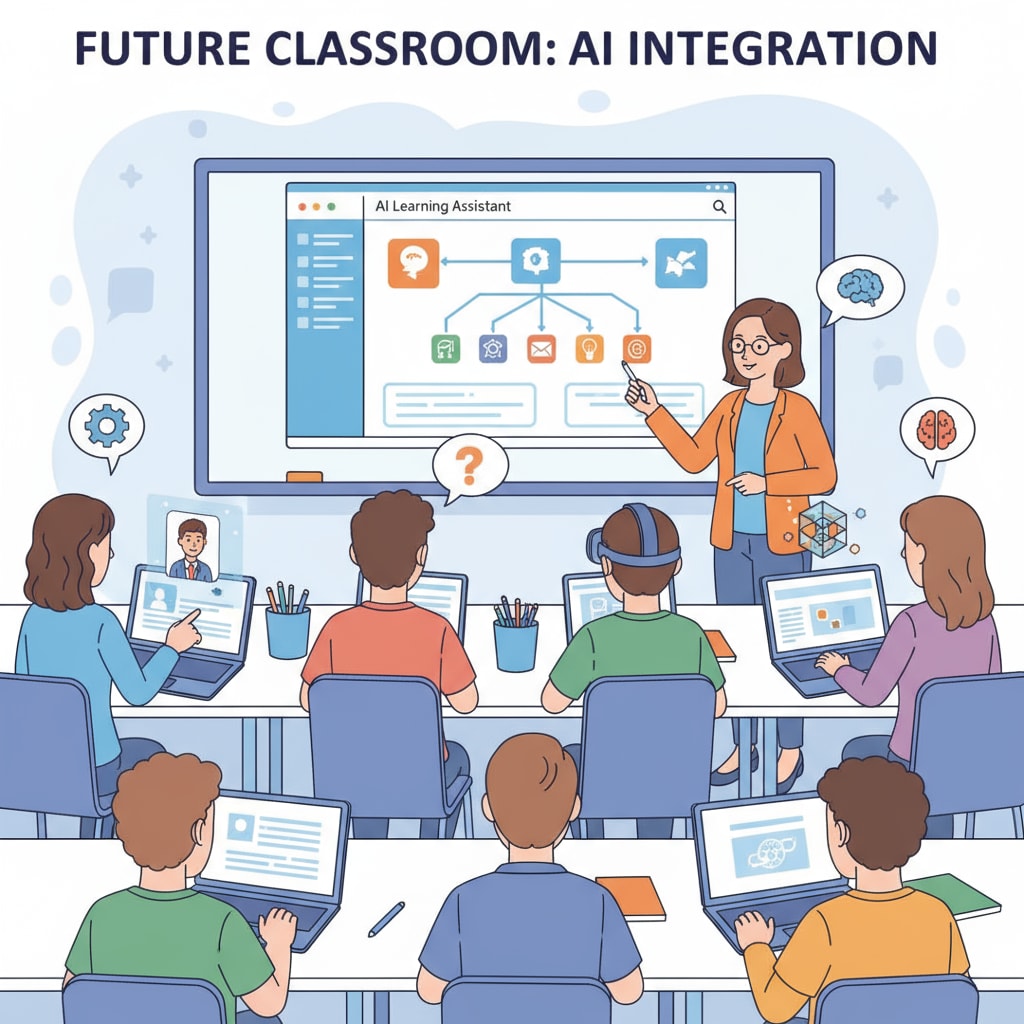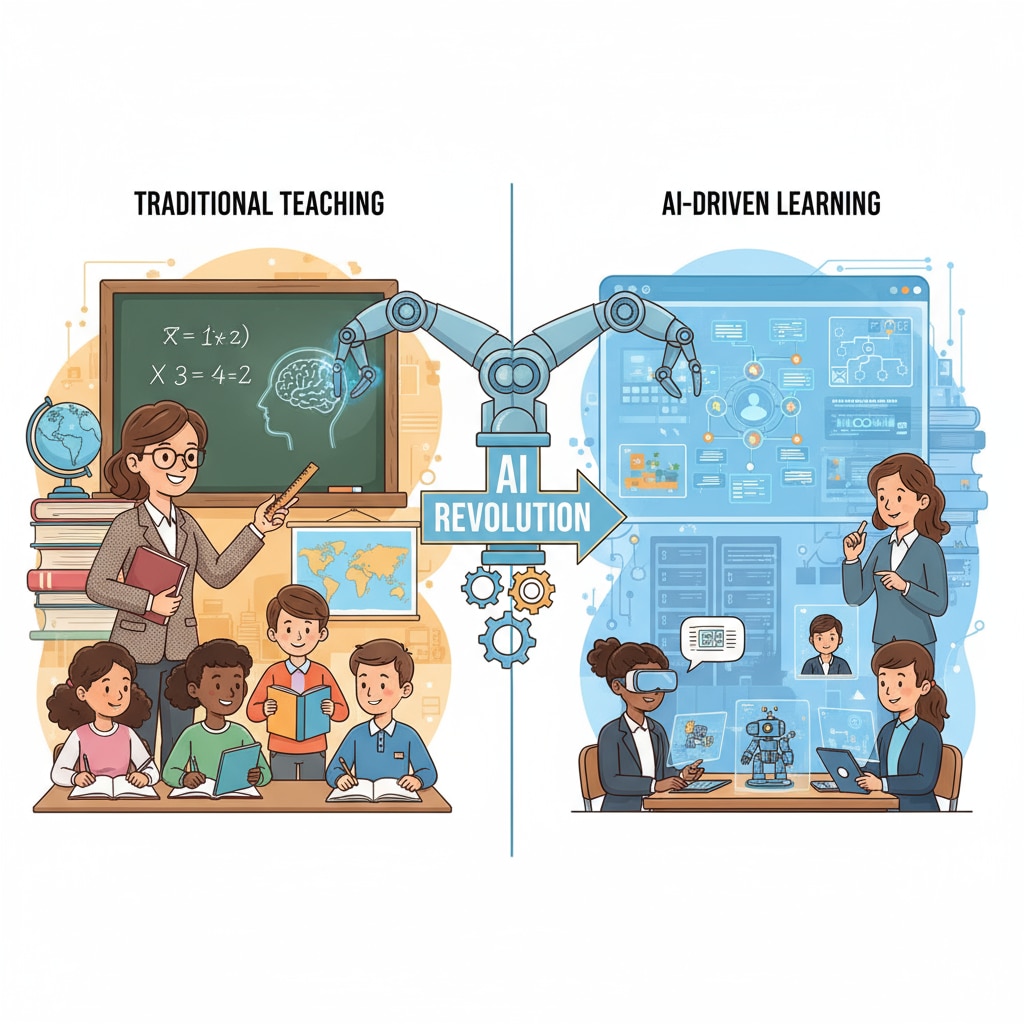Artificial intelligence, higher education, and employment automation are at the forefront of transforming the K12 education system. The rise of AI has brought about a wave of changes that are both exciting and concerning. As technology continues to evolve, it’s essential to understand how these elements interact and impact the future of education.

The Disruption of Traditional Teaching Models
AI is revolutionizing the way teachers impart knowledge. For example, intelligent tutoring systems can provide personalized learning experiences for students. These systems adapt to each student’s learning pace, strengths, and weaknesses. This means that traditional one-size-fits-all teaching methods are being challenged. Teachers now need to find new ways to integrate AI into their lessons to enhance student engagement. According to Artificial intelligence in education on Wikipedia, many schools are already experimenting with AI-driven teaching tools. However, this also raises concerns about the role of teachers in the digital age. Will they be replaced by machines? The answer lies in redefining their roles as facilitators of learning rather than just knowledge providers.

The Challenge to the Education Evaluation System
The existing education evaluation system, which often relies on standardized tests, is facing a significant challenge from AI. AI can analyze vast amounts of data on student performance, including their learning process, not just the end results. This offers a more comprehensive view of a student’s capabilities. But it also means that traditional evaluation metrics may no longer be sufficient. For instance, how do we measure the creativity and critical thinking skills that AI might enhance? As stated on Evaluation in education on Britannica, new evaluation methods need to be developed to keep up with the changes brought about by AI. This could involve incorporating real-world projects and problem-solving tasks into the assessment process.
The uncertainty about future job prospects due to employment automation is another major concern. As AI and automation take over many routine jobs, students in K12 education need to be prepared for a different kind of workforce. They must acquire skills such as adaptability, complex problem-solving, and emotional intelligence. These skills are less likely to be automated. Educators and policymakers need to work together to design curricula that focus on these essential skills. By doing so, we can help students better navigate the changing job market and ensure that they are well-prepared for the future.
Readability guidance: The article uses short paragraphs to clearly present ideas. Lists could be used in future sections for better organization. Passive语态 is minimized, and transition words like “however”, “for example”, and “also” are used to enhance flow.


